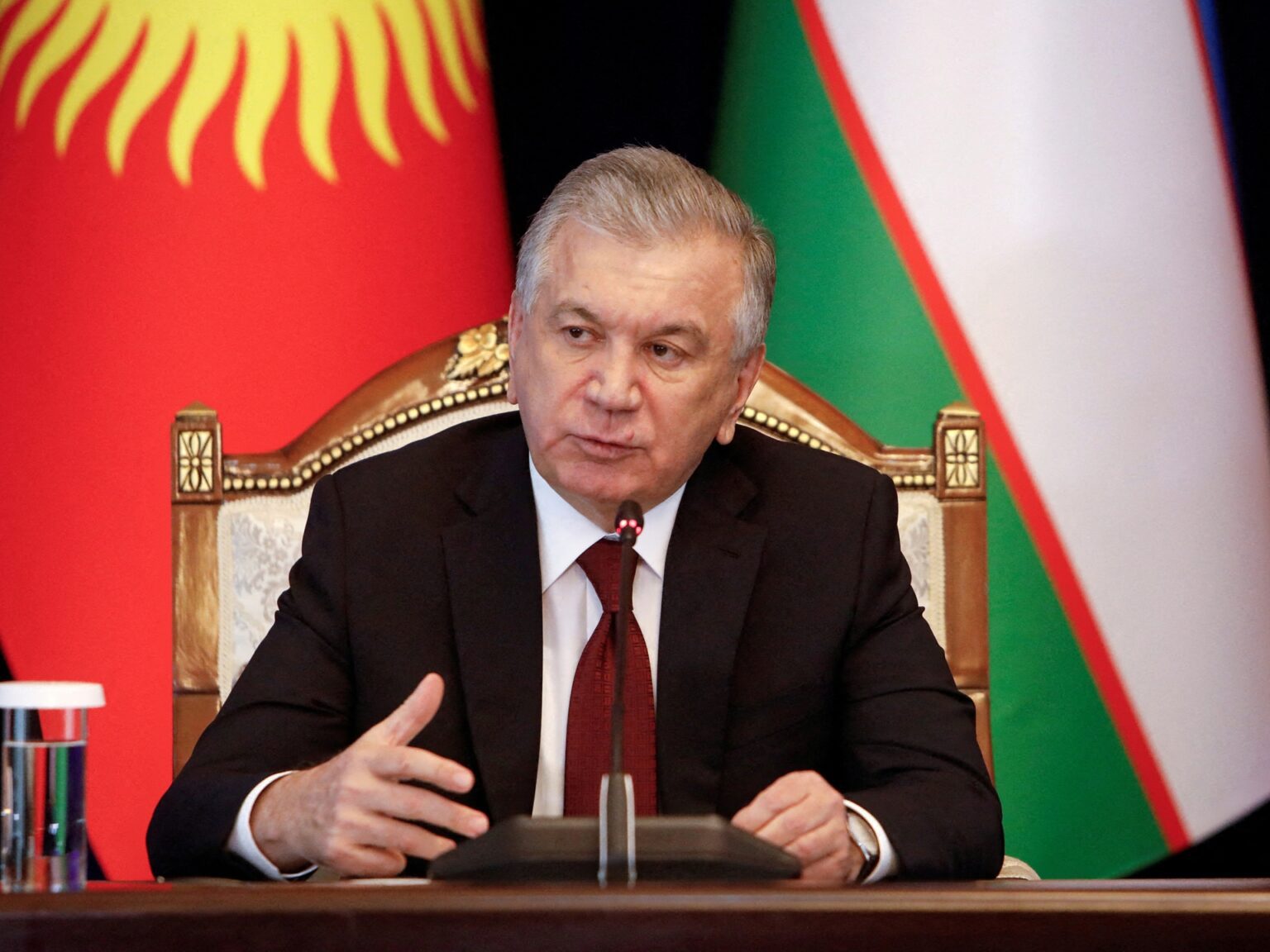Global Courant 2023-04-30 13:17:45
People in Uzbekistan are voting on a constitutional referendum that could allow President Shavkat Mirziyoyev to extend his rule for another 14 years.
If Sunday’s referendum passes, presidential terms in office will be extended from five to seven years. The change would allow Mirziyoyev, 65, to serve two more terms and extend his time in power until 2040.
Authorities in Central Asia’s most populous former Soviet republic said a constitutional review would improve governance and quality of life in the predominantly Muslim country of 35 million people. The government also said the referendum would usher in human rights reforms.
According to the Uzbek Election Commission, polling stations opened at 08:00 (03:00 GMT). They close at 8pm (3pm GMT).
In the run-up to the vote, the media was tightly controlled in a country where rights have long been severely restricted. Two journalists working for Uzbek state media told the Agence France-Presse (AFP) news agency on condition of anonymity that they were “ordered to cover Uzbekistan, the referendum and the president in a positive way”.
Both said censorship had increased during the referendum campaign.
The government has gone to great lengths to lend a veneer of legitimacy to the vote, enrolling local celebrities in large rallies and concerts to praise both the proposals and the president.
Billboards around the capital Tashkent, the largest city in Central Asia, featured imaginary message chats between voters.
“Daddy, shall we go to the park?” reads the first message. “No, we have to vote first”, is the answer.
Agay Danilov, an 18-year-old student, told AFP the referendum was “a good idea”.
“We can choose the future of our country,” Danilov said.
‘A new Uzbekistan’?
Since taking power in 2016 after the death of his hardline predecessor Islam Karimov, Mirziyoyev has spearheaded a series of reforms in Uzbekistan, including the reduction of forced labor in cotton fields.
But activists said rights violations continue and authorities have shown no signs of political opposition emerging.
In 2022, at least 21 people were killed in demonstrations in the autonomous region of Karakalpakstan. Rights activists accused the authorities of using deadly force against the demonstrators.
Olivier Ferrando, a researcher at the Catholic University of Lyon in France, said the referendum was a “flagship measure” for Mirziyoyev in his bid for “emancipation” from his predecessor’s legacy.
Karimov died in 2016 after a quarter-century of brutal rule. Mirziyoyev was his loyal prime minister for 13 years, but now presents himself as a much more progressive figure.
“Many analysts, understandably, see an attempt by Mirziyoyev to stay in power, but it would be a shame to dismiss this text as just an authoritarian turn,” Ferrando told AFP, referring to the amendments.
The proposals include a ban on the death penalty and the protection of human rights for what Mirziyoyev calls a “new Uzbekistan”.
“We will of course have to see if this constitutional reform, one of the objectives of which is to give guarantees to the international community of democratic development in the new Uzbekistan, can go beyond a simple cosmetic effect and will be fully implemented in everyday life of people,” Ferrando said.
The people of Uzbekistan are emerging from a particularly harsh winter marked by fuel shortages and facing persistent poverty and endemic corruption.
Despite some economic progress and social improvements, such as the criminalization of domestic violence, the government does not tolerate dissent.
During the July unrest, demonstrations against a constitutional amendment in Karakalpakstan that would have reduced the autonomy of the vast territory were brutally crushed. Dozens of people were imprisoned.
The amendment has since been withdrawn.








